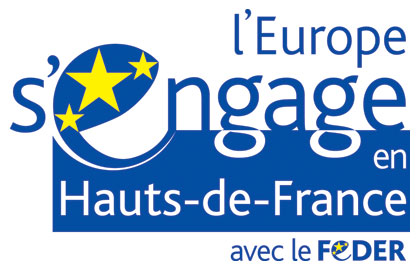Full name of the laboratory :
Environment and Electrical Systems research Laboratory
Sigle
EESL
Year of creationnnée de création
1992
City
Béthune
Trusteeship
Artois University
Platforms
Structure and Eco-Energy Efficiency (S3E)
Number of employees (end of 2016):
- EC Permanents : 15
- PHDs : 12
- Post Docs : 1
Headings / Research Departments
Environmental efficiency of electrical machines
Partners (industrial, academic, other)
Thyssenkrupp Electrical Steel, FAVI, Flipo Richir, EDF R&D, SATT Nord, Alstom, Safran, Jeumont, Green Isolight International, Auxel, Sky Azur, Eomys, Sofilec, CEA
The researchers work together on electrical machines and their constitutive elements.
3 research axes :
- The environmental efficiency. First, the goal is to make the electrical machines more efficient by using specific material, for example grain oriented electrical steel. It has led to original structures used to design ecologic machines or very high efficiency motors. Then, monitoring a group of electrical machines is performed with non-invasive cells. It is strongly linked with the Third Industrial Revolution supported by the Haut de France Region. At last, noise and vibrations are studied in the lab since 25 years.
- The aging and the fault monitoring of the electrical machines. EESL is specialized in the fault diagnosis, as broken bars, inter-turns or inter-sheets short-circuits, generally with non invasive methods based on external field or noise and vibrations. Then, research works are focused on machine reliability, especially for aerospace. Spatial arrangement of wires in the slots to limit the inter-turn voltages or insulation of the wires are studied in the lab.
- The temperature increase of electrical machines. This axis appears with industrial requests. That leads the reseachers to analyse and develop structures able to work over 240°C imposed by organic insulations.
Further information
Research in EESL is characterized with a large part devoted to experimentation. Promoted by JF. Brudny when EESL was created, the systematization of experimental approach is full of interest :
- to validate the theoretical and numerical results,
- for PhD student experience,
- in terms of attractiveness to industrial partners.
EESL has today a large and solid experience for designing experimental devices as reduced-size models or specific prototypes.







